Environmental Education Programme in schools
General objectives:
To enable students to consciously and critically understand the natural environment around them.
To value and promote the Mediterranean ecosystem and its richness and diversity of flora and fauna, making students aware of the need to preserve it
School year 2010/2011:
Discovering the Mediterranean Mountain Programme
A continuous programme is proposed throughout the school year, with monthly activities in each school in the area of influence. The activities are made up of a first theoretical part with interactive talks and a second recreational and/or practical part with workshops, games and field trips; all of them having a strong biological and ecological component, through which the children will be made to wake up or revive their interest in nature, teaching them how to interpret it, respect it and feel part of it.
These are some of the proposed activities:
- The Mediterranean Mountain and the Dehesa – Didactic route in the Campanarios de Azaba Biological Reserve.
- Learning to be… a birdwatcher! – Biology, identification and observation of birds.
- Sowing seeds! – Restoration of habitats.
- Nest guards – construction, placement and monitoring of nest boxes.
- Between water and land – discovering amphibians! – Biology, identification and conservation problems of amphibians.
- Mediterranean Iberian flora – identification of species; construction of a herbarium.
- Night dwellers: barn owls, owls and tawny owls – biology and trophic ecology (pellet analysis) of species; night outing.
- Ethnobotany – traditional uses of plants
School year 2011/2012:
Discovering the Mediterranean Mountain Programme
The aim is that the children for whom this environmental education programme is intended learn to value and conserve the space of great natural value that surrounds them. In order to do this they must learn about it, know what elements it is made up of, the different habitats, the species of fauna and flora, their characteristics and functions, in short, come to understand the ecosystem as a whole. For this reason, we have chosen to propose activities and workshops with a strong component of biology and ecology, through which we will awaken or revive the children’s interest in nature, making them understand and respect it, and feel part of it.
These are some of the proposed activities:
- Discovering the Mediterranean ecosystem.
- The importance of necrophagous birds in the Mediterranean ecosystem
- Somewhere between water and land – discovering amphibians! – biology, identification and conservation problems of amphibians.
- Let’s restore the habitats!
- Night dwellers: barn owls, little owls and tawny owls – biology and trophic ecology (pellet analysis) of species; night outing.
- Insects.
- The bats.
- In search of traces, footprints and animal remains.
A small educational guide has been published and widely distributed to the educational community, with content in Spanish and Portuguese, so that students and educators can follow the work of learning and approaching the current situation and problems of the Mediterranean mountain.
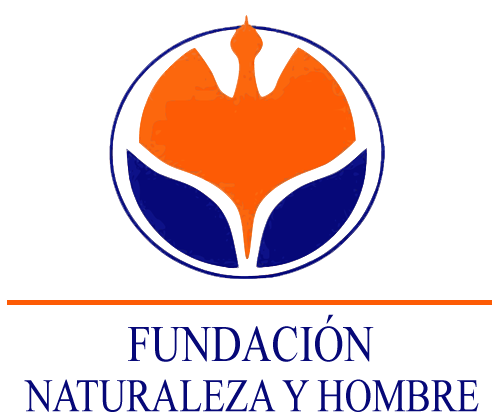
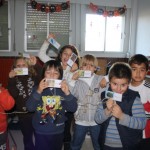
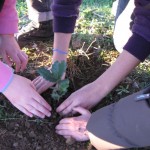
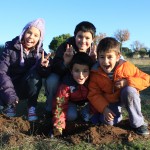
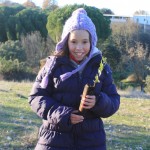
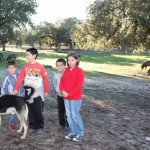
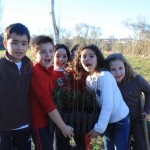

Comments are closed.